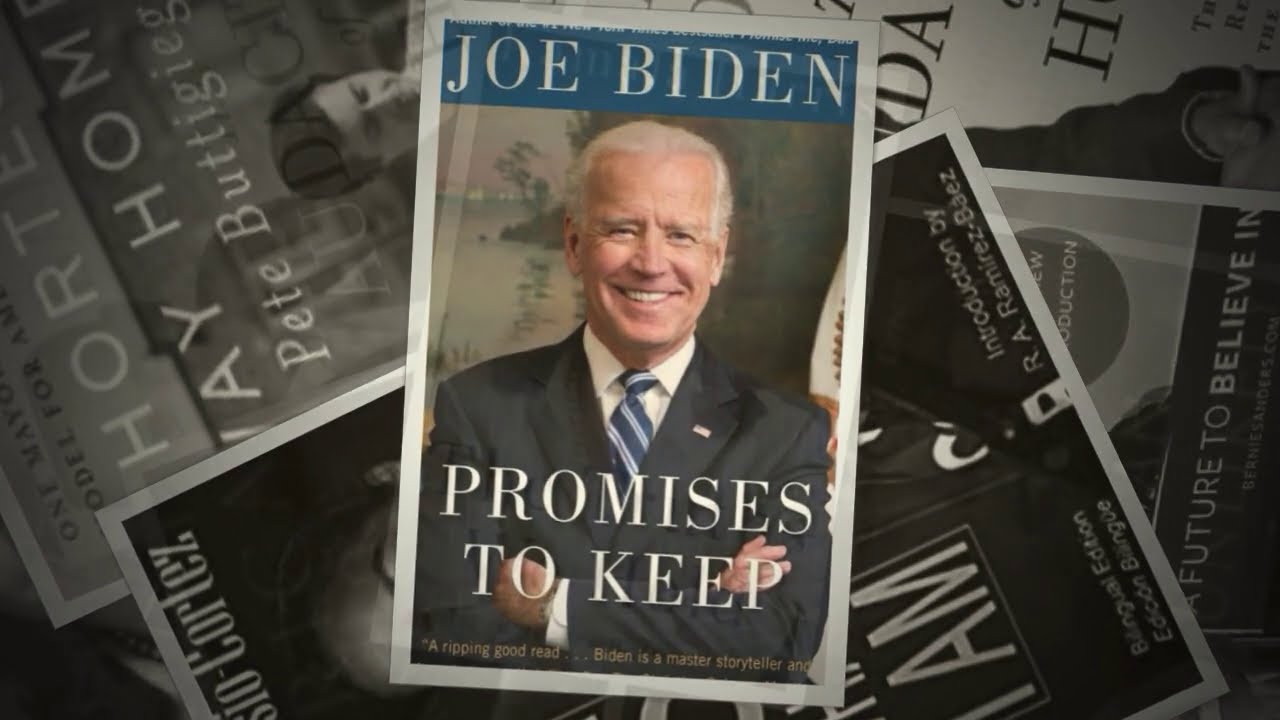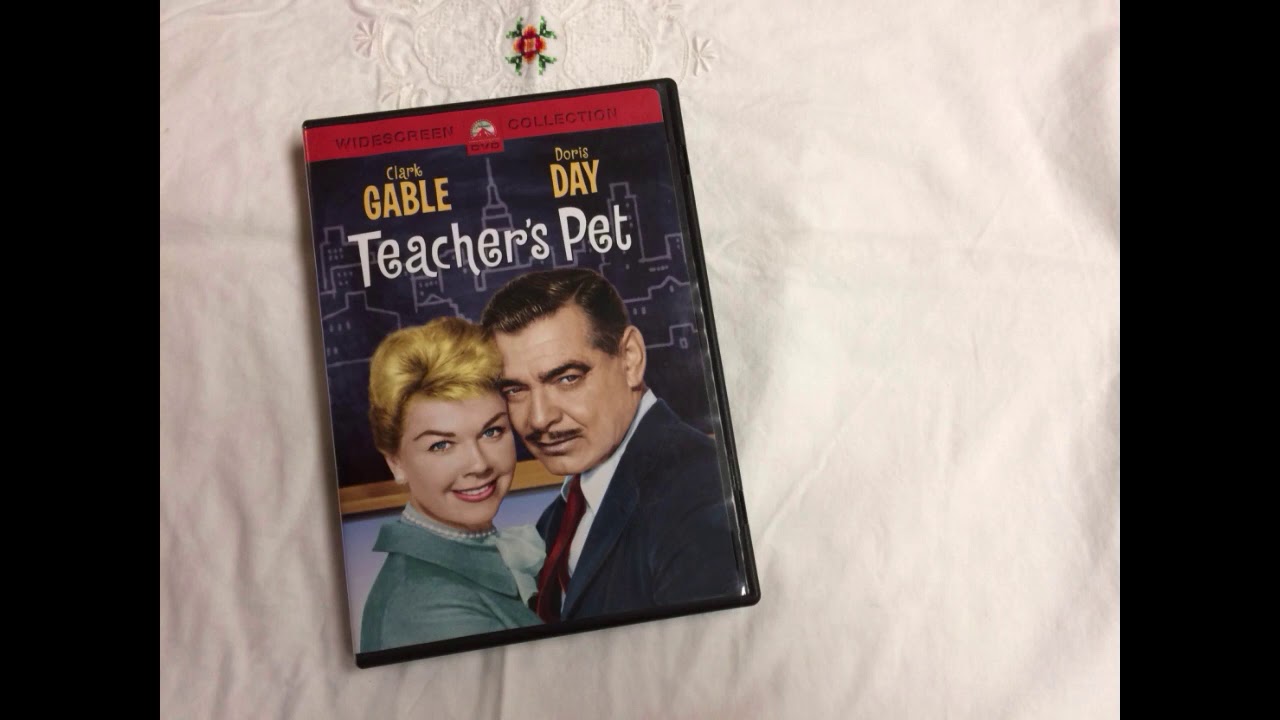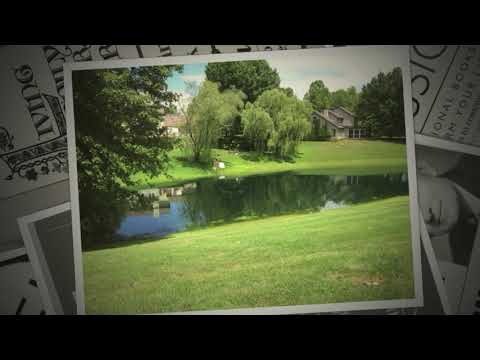I know there are plenty of political ads out there, but I have always preferred books. Many of the people I am most willing to put my faith in as leaders have offered some of their ideas in book form, giving us a source we can think about, argue with, and return to as we wish. I hope they have the opportunity to serve as the leaders we so clearly need right now. Some years ago I wrote a song celebrating some of the outstanding graduate students who chose to study folklore, a relatively small field of research and ethnography that grew in part from the early efforts of the Grimm Brothers. Folklorists attend to and value what ordinary people create and treasure. I would wish, for America, leaders who display that same respect for all people. I think these people can offer that.


